U Mich, Ford lifecycle study of carbon footprint of last-mile and final-50-feet delivery with automated vehicles and robots
Green Car Congress
AUGUST 19, 2021
Now, researchers from the University of Michigan and Ford report in an open-access paper in ACS’ Environmental Science & Technology that automating residential package transport doesn’t influence the greenhouse gas footprint as much as the delivery van’s size and type. The ICEV results from Stolaroff et al. and Edwards et al. 0c08213.

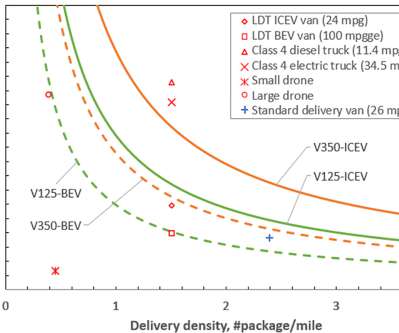












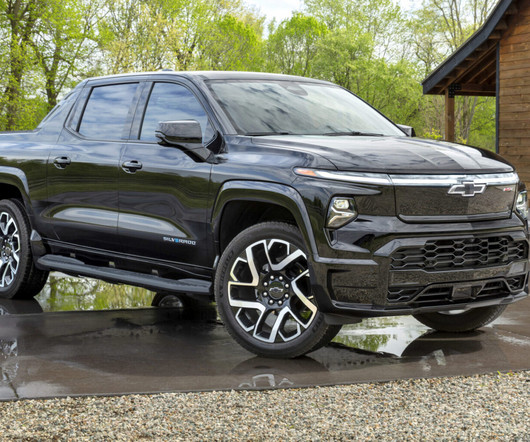


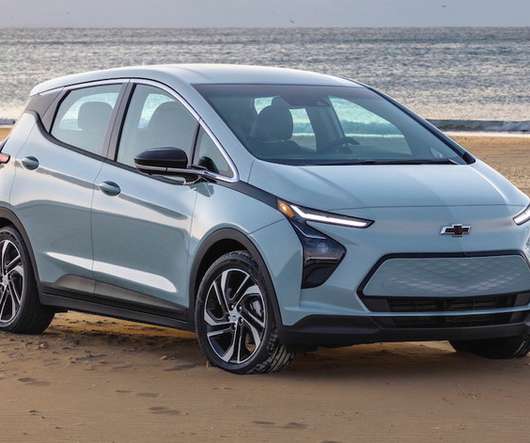

















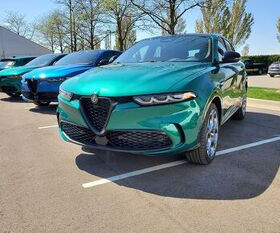
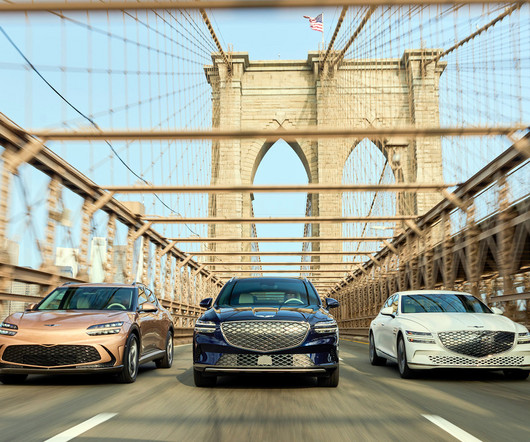







Let's personalize your content